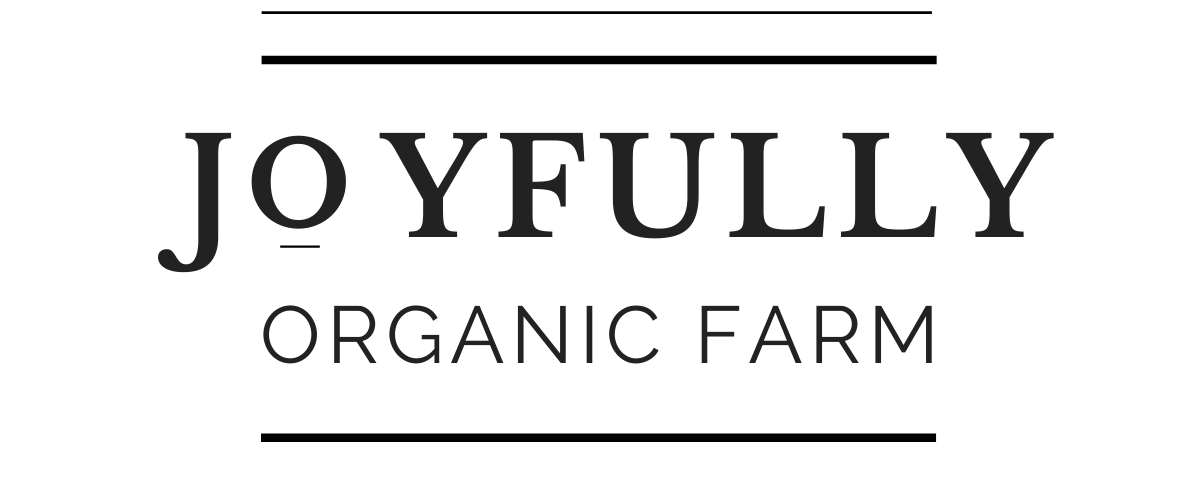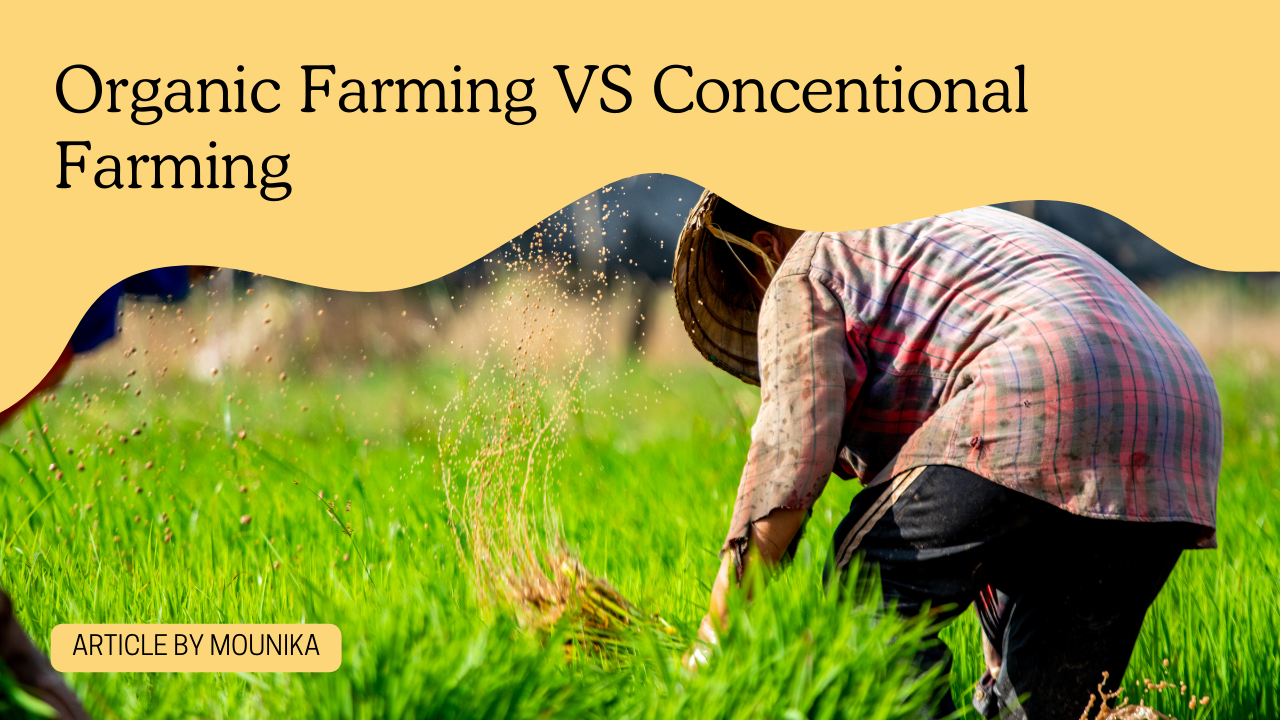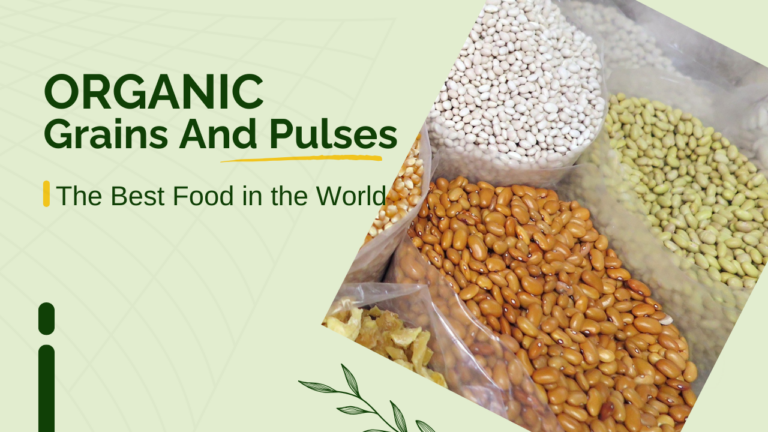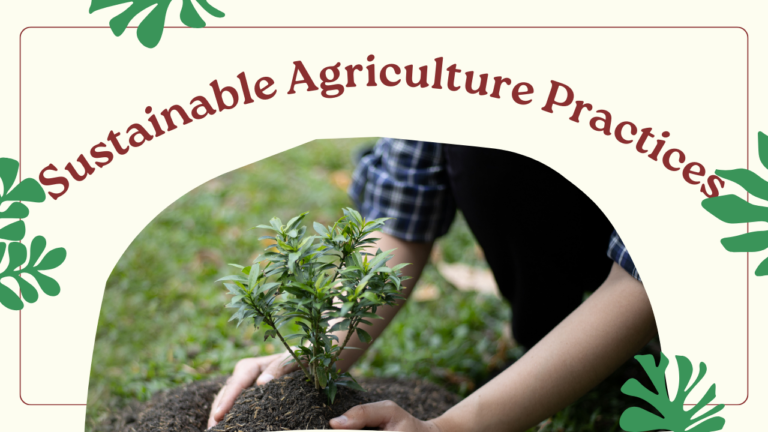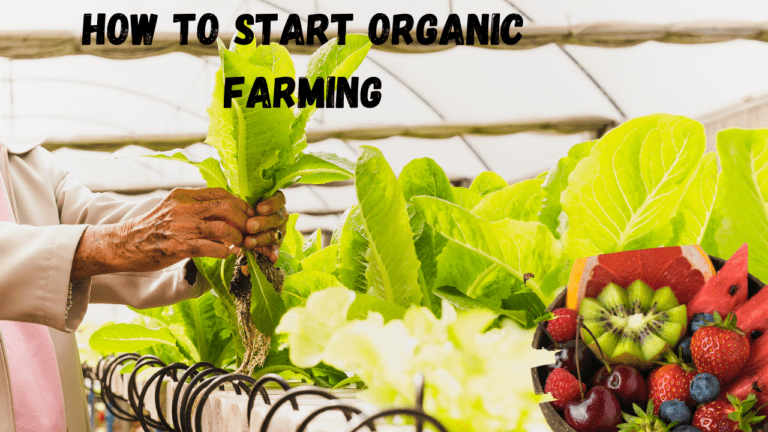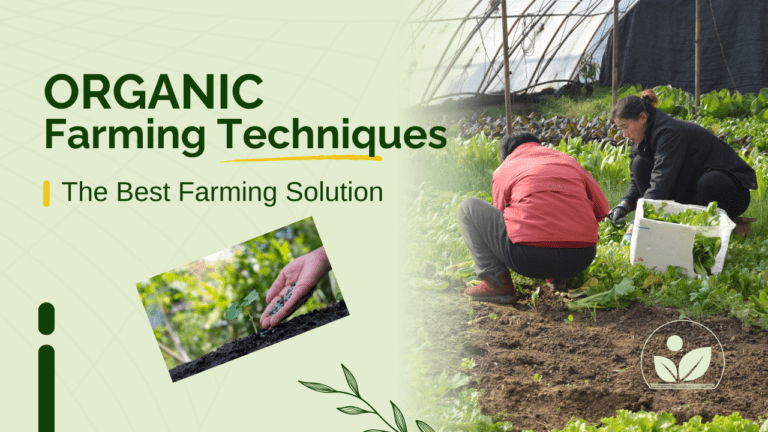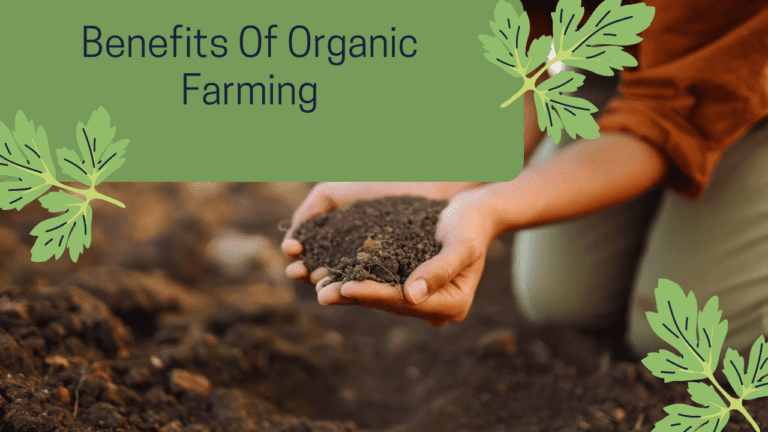Organic Farming vs Conventional Farming: 5 Powerful Reasons to Choose Organic Today.
Summary
In this article we compares organic farming Vs conventional farming, highlighting the key differences in soil management, pest control, fertilizers, and crop yields.
Through the stories of two farmers, Ram and Shyam, we explore both farming methods’ practical applications and challenges.
The article also delves into the future of farming, emphasizing sustainable practices and technological innovations, and introduces farm management software solutions to help farmers optimize their operations.
Farmers can enhance efficiency, productivity, and sustainability by digitalizing farm management.
Difference Between Organic and Conventional Farming
Soil Management
- Organic Farming: Utilizes natural processes such as composting, crop rotation, and green manure to enhance soil fertility and structure.
- Conventional Farming: Relies on synthetic fertilizers and chemical soil amendments to boost soil productivity and nutrient content.
Pest Control
- Organic Farming: Employs biological pest control, natural predators, and organic pesticides to manage pests.
- Conventional Farming: Uses synthetic pesticides and herbicides for effective and immediate pest control.
Fertilizers
- Organic Farming: Utilizes organic fertilizers like compost, manure, and bone meal to enrich the soil.
- Conventional Farming: Chemical fertilizers provide essential nutrients directly to the plants.
Crop Yields
- Organic Farming: Typically produces lower yields than conventional methods but focuses on quality and sustainability.
- Conventional Farming: Produces higher yields through intensive farming practices and advanced technologies.
Organic vs. Conventional Farming: A Tale of Two Farmers
Farmer Ram’s Organic Journey
- Initial Challenges: Faced with lower yields and higher labor costs.
- Solutions: Implemented crop rotation, organic composting, and biological pest control.
- Outcomes: Achieved healthier soil, better crop quality, and increased biodiversity.
Farmer Shyam’s Conventional Approach
- Initial Advantages: Benefited from higher yields and efficient pest control.
- Challenges: Dealt with soil degradation and pesticide resistance.
- Solutions: Adopted precision farming techniques and integrated pest management.
- Outcomes: Maintained high productivity and improved resource efficiency.
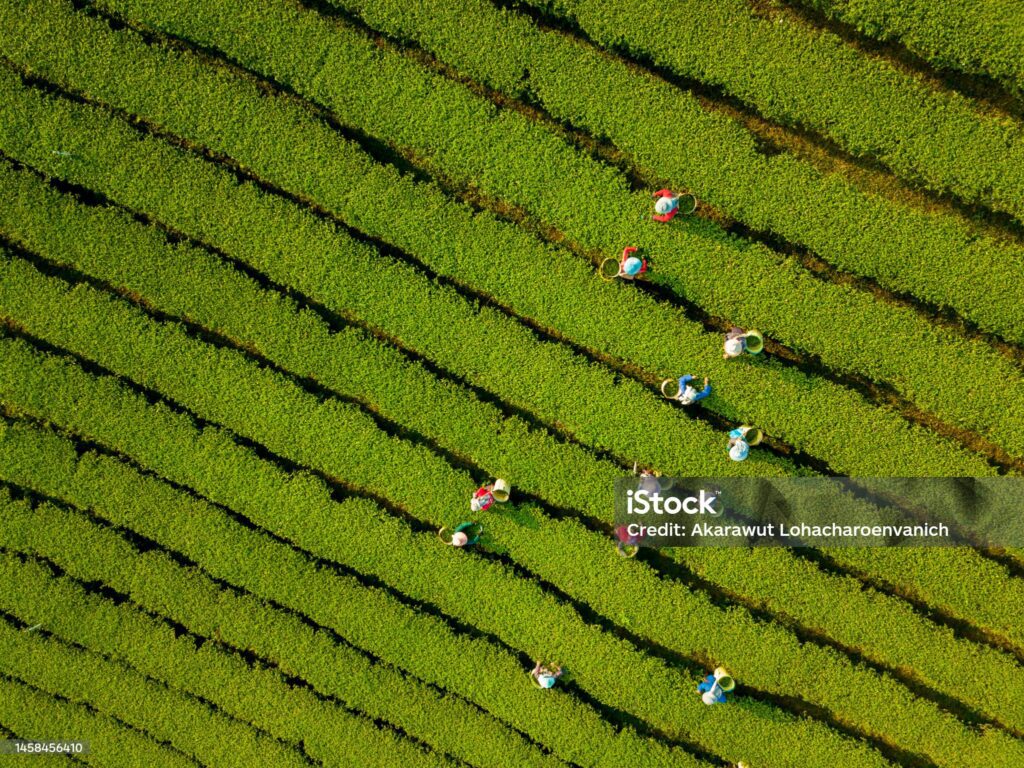
Farming in the Future
Sustainable Practices
- Regenerative Agriculture: Emphasizes restoring soil health, increasing biodiversity, and improving the water cycle.
- Agroforestry: Combines trees and shrubs with crops and livestock to enhance biodiversity and reduce erosion.
Technological Innovations
- Precision Agriculture: Uses GPS, sensors, and drones to optimize field-level management.
- Vertical Farming: Involves growing crops in vertically stacked layers to save space and resources.
Farm Management Software For All Farming Systems
Benefits of Farm Management Software
- Efficiency: Streamlines farm operations and improves decision-making.
- Data Management: Provides real-time insights into crop performance, soil health, and resource usage.
- Cost Savings: Reduces waste and optimizes input use.
Top Farm Management Software Solutions
- Cropio: Offers satellite monitoring and data analytics.
- FarmLogs: Provides detailed field reports and weather tracking.
- Ag Leader: Delivers precision farming tools and equipment.
Digitalize Your Farm Management Today
Why Go Digital?
- Enhanced Productivity: Automates routine tasks and improves accuracy.
- Sustainability: Reduces environmental impact through efficient resource use.
- Traceability: Tracks every aspect of farm operations for better transparency.
Steps to Digitalize Your Farm
- Assess Needs: Identify areas that need improvement and select suitable software.
- Training: Educate farm staff on using digital tools and software.
- Implementation: Integrate the software into daily operations and monitor its impact.
- Evaluation: Regularly assess the software’s performance and make necessary adjustments.
So those are the major comparisons in Organic Farming vs Conventional Farming.
FAQs of Organic farming Vs Conventional farming
References
- The United Nations Food and Agriculture Organization (2021). The future of food and agriculture.
- International Federation of Organic Agriculture Movements. (2020). Organic farming statistics and trends.
- USDA. (2022). Organic practices.
- National Institute of Food and Agriculture. (2021). Conventional farming methods.
- Sustainable Agriculture Research and Education (SARE). (2020). Sustainable farming techniques.
Note: For visual clarity and a better understanding of the comparisons, relevant images illustrating the differences and practices of both farming methods can be included in appropriate sections.
